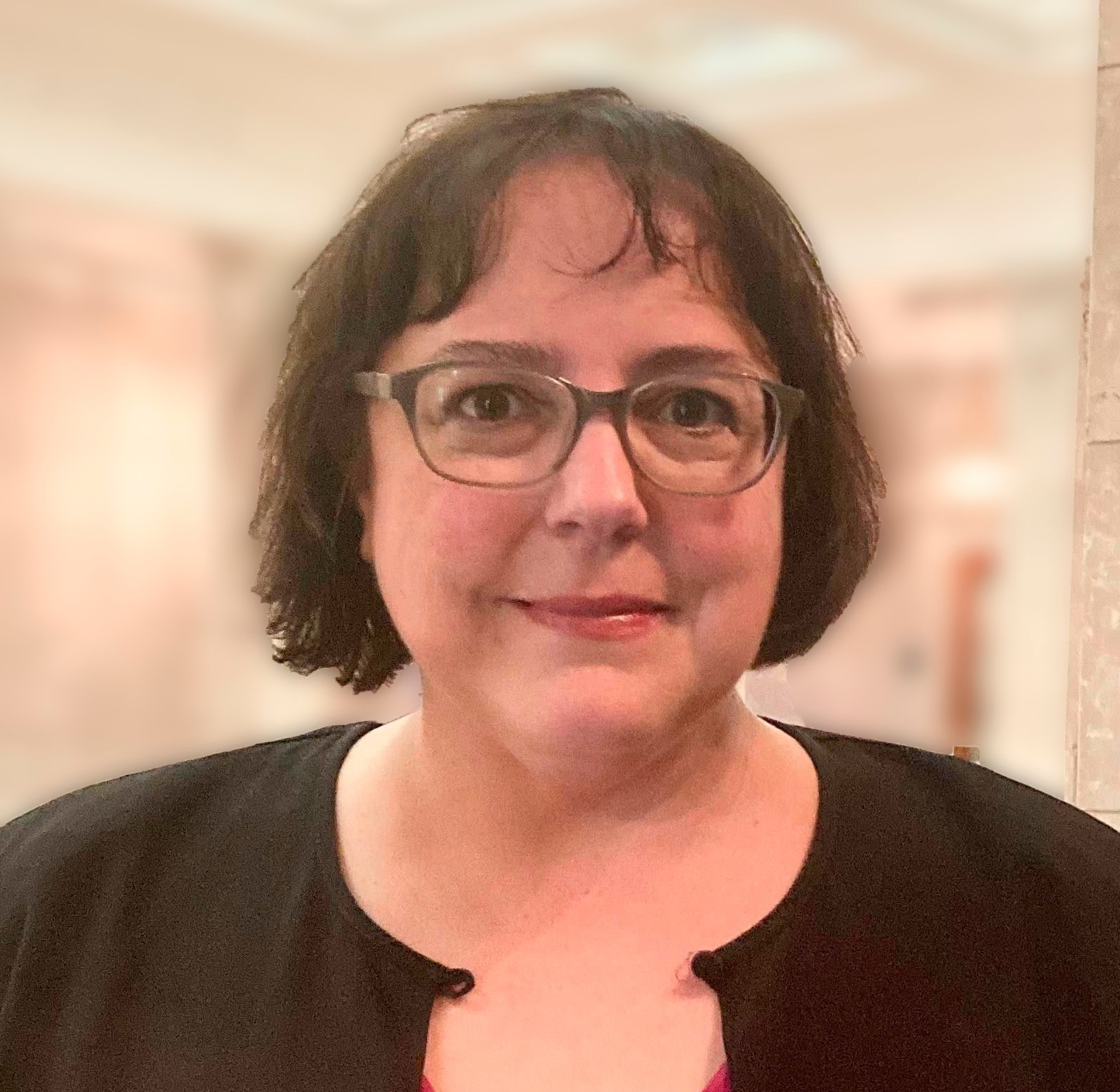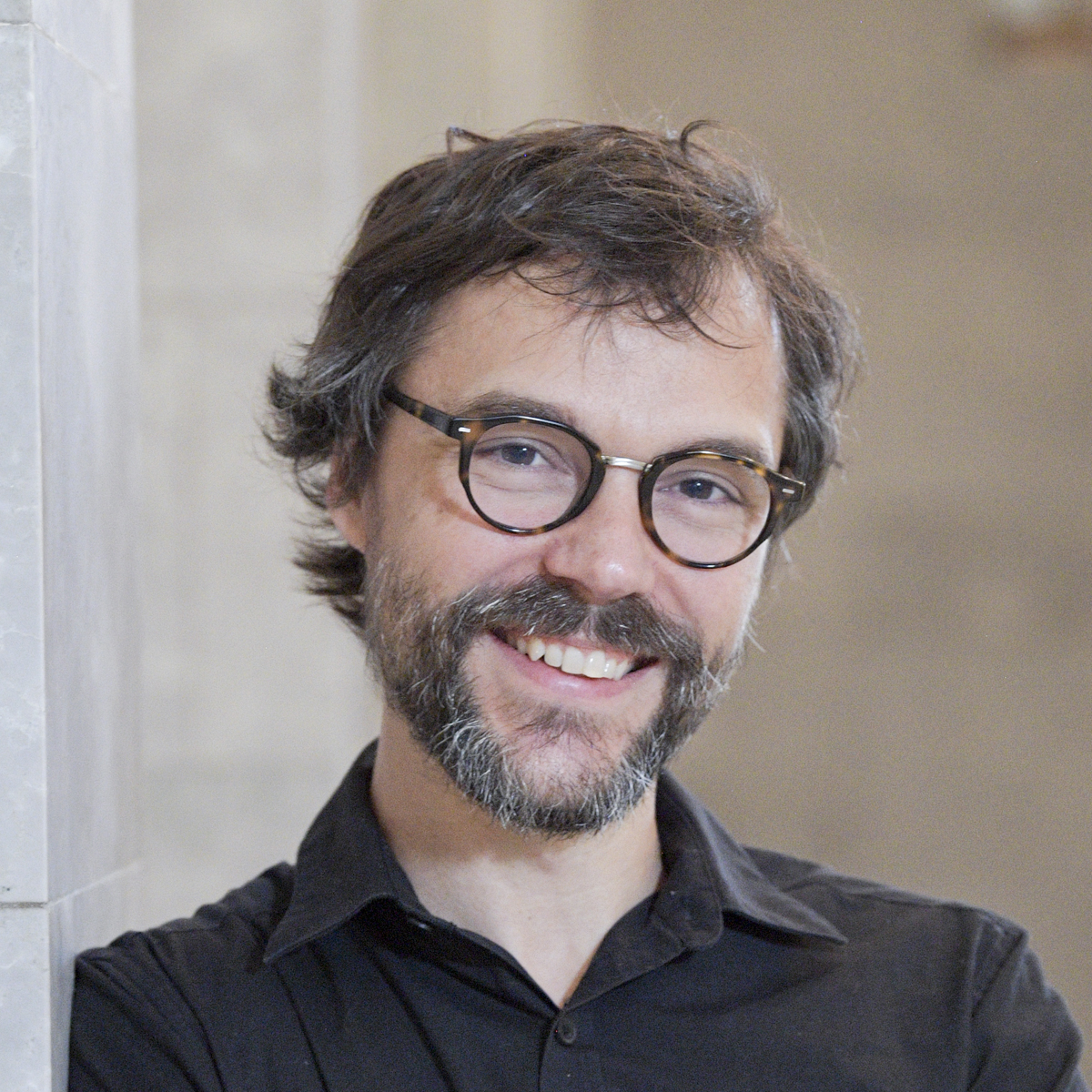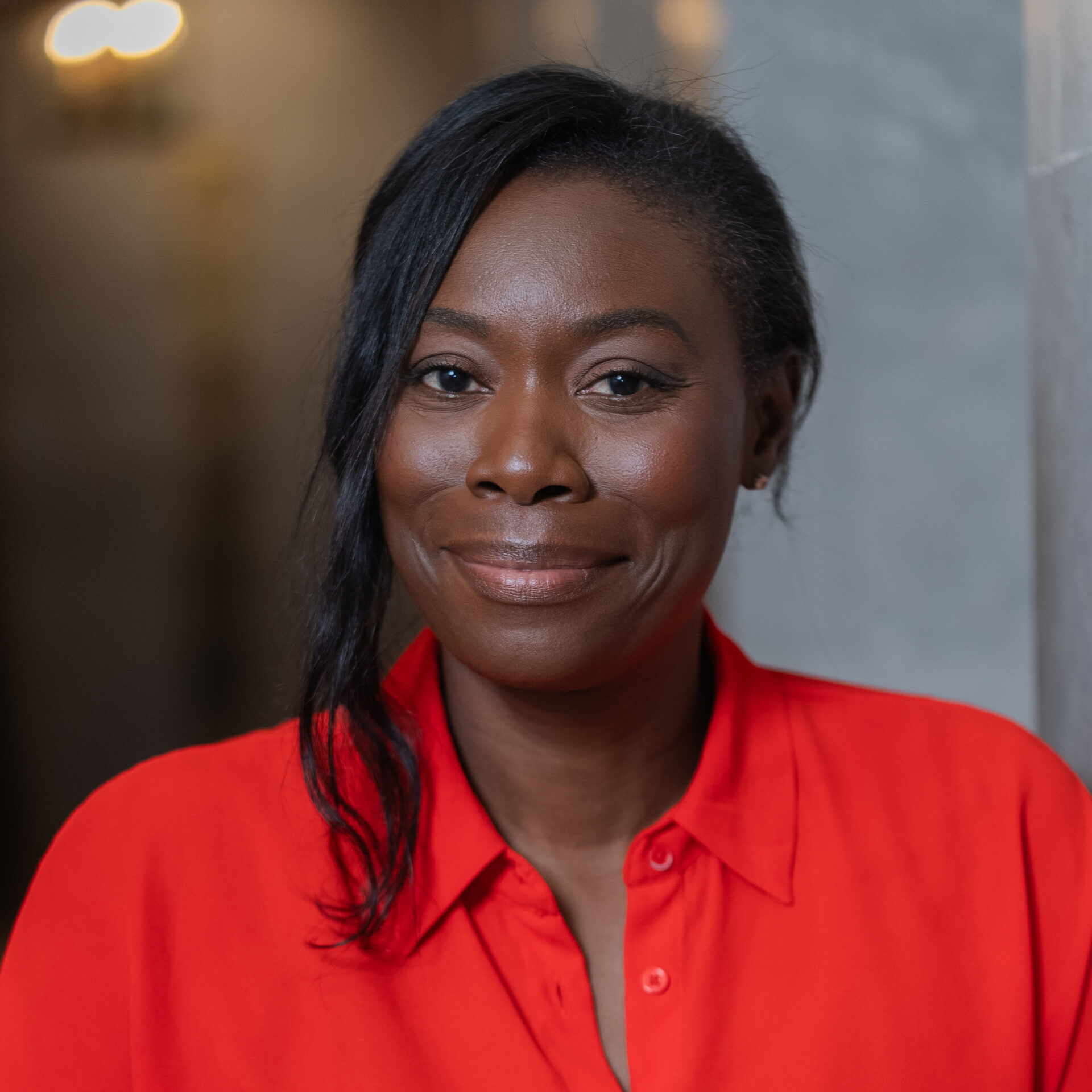November 12 2025, 17 h
Project Funding for artists’ collectives
Deadline
Profile
Are you an artists’ collective with an artistic project? This project funding is for you, whether it’s for research, creation, production or installation.
Project Funding for artists’ collectives
Important note
For this program, three calls for applications are scheduled each year: on November 12, 2025 (response in 2026), March 2026 and August 2026. You can register for the information sessions for the November 12, 2025 deadline by clicking on the link below.
Introduction
The Conseil is aware of the limited resources available, whether material, human or financial. In addition, the Conseil would like to emphasize that peer evaluators examine the extent to which the collective’s planned activities are in line with its capabilities and resources. This approach aims to promote sustainable, equitable and safe working conditions for all staff, artists, volunteers and affected communities. This evaluation takes into account the relevance and impact of actions, which take precedence over the number of activities conducted. Finally, the Conseil also recognizes the positive effects of initiatives to pool and share tools, practices or resources implemented by the artistic community.
Who is eligible to apply?
Unincorporated artists’ collectives
The person responsible for the collective submits the application on behalf of the group.
What are the objectives of the program?
Project assistance for artists’ collectives is intended for professional artistic research, creation, production and dissemination activities. The financial assistance from this program helps artists’ collectives fulfill their mandates. It aims to encourage the advancement of artistic practices, risk-taking and the dissemination of art in all its forms to various audiences.
IMPORTANT: the project must not be completed before February 24, 2026. The Conseil does not fund activities that took place before the end of the evaluation process.
Support
What type of assistance is provided?
Assistance is granted to collectives to carry out a specific artistic project related to their mandate.
What is the duration of the support?
This is a one-time, non-recurring grant The project must be completed on the dates set out in the application.
Can the project be fully funded by the Conseil?
No. Assistance granted by the Conseil cannot exceed 75% of the total project cost. To find out how much is typically granted, please see the list of previously awarded grants on the Conseil’s website.
Eligibility
What types of projects are eligible?
- Research and Creation/Production
- Publication of cultural magazines
- Production of an event or festival
What are the general eligibility conditions?
- Be a group comprising at least two professional artists as defined by the Conseil
- Be represented by a person responsible for the application; the representative must be a member of the collective, reside on Island of Montréal, and be a Canadian citizen or permanent resident
- Two thirds of its members must have Canadian citizenship or permanent residence; the proportion of members of the collective residing outside Canada may not exceed one third
- Comprise a majority of members (50% +1) who reside on the Island of Montréal, including the person responsible for the application
What types of projects are eligible?
Creation and production of a performance, experimentation and research on the components of a production, technological development, research or creation in visual and digital arts, curatorial collaboration, production of an event or festival, etc.
When must the project be carried out?
The project may begin before the application is submitted but must not be completed before receiving a response from the Conseil. Timelines must be met.
In the event that the funded project cannot be carried out in the planned financial year, the collective must notify the Conseil as soon as possible.
How many applications will be approved?
The number of applications accepted by the Conseil varies according to the number of applications received, the peer review process and the Conseil’s financial capabilities.
What types of applicants, projects, activity sectors and proposals are ineligible?
Applicants
- Collectives that do not meet the general eligibility conditions
- Collectives that have already submitted an application during the financial year (the first submission of the year in November)
- Individual artists
- Artists’ collectives that are incorporated as a for-profit or non-profit company, or as general or limited partnerships
- Collective that has not produced the final report(s) due for projects funded by the Conseil under the General Funding Grants Program
Projects
- Projects completed before the Conseil has approved the application allow fourteen to sixteen weeks following the application deadline)
- Sound recording projects (albums, CDs, demos, etc.) of a promotional and/or commercial nature
- Cultural magazines with less than one year of publication activity to their credit, and that produce fewer than two issues a year, or that distribute free of charge (in the case of a periodical published exclusively on the Web, the periodical must publish a number of texts equivalent to two issues per year and its distribution may be free of charge)
- Film, video or web production projects (all stages of production, from research/scriptwriting to post-production)
- Projects that are essentially promotional and/or commercial, including video clips
- Projects whose main focus is cultural mediation
- Projects intended primarily for training, internships or masterclasses
- National or international showcase and/or prospection projects
- Capital projects and/or projects to acquire specialized equipment
- Projects related to activities of a trade union character
- Project aimed at presenting regular or seasonal programming
Activity sectors
- Collectives working exclusively in variety arts and/or comedy
- Collectives working exclusively in cultural mediation
- Collectives that wish to act as a broadcaster
Applications
- Incomplete applications
- Applications received after the deadline
Ineligible applications will not be considered by the evaluation committee
Accessibility
Can specific populations receive additional financial support to submit their application or complete their project (accessibility costs)?
Yes. Accessibility costs refer to costs that certain individuals, particularly those who are D/deaf and/or living with a disability, must pay to take advantage, in the same way as others do, of the services and programs offered by an institution for research, to create, produce or disseminate their art. Reimbursement of part of these costs by the Conseil des arts de Montréal may offset the financial disadvantage.
The Support Fund for Accessibility Costs is a financial assistance measure that complements the Conseil’s other programs. The deadline to apply for support for accessibility costs is the same as that for the program being applied to.
Artists, collectives or organizations that have obtained financial assistance from the Conseil to carry out a project can also file an application for accessibility cost support up to three months after the decisions related to the successful project have been sent out, provided the project is not completed before the deadline to send out decisions for accessibility cost support applications.
Support is divided into three components:
- component 1 – Financial support to submit a grant application or to apply for one of the Conseil’s initiatives
- component 2 – Financial support for accessibility costs for a project funded by the Conseil
- component 3 – Financial support for presenter organizations for accessibility costs to welcome audiences who are D/deaf and/or living with a disability for a project funded by the Conseil
For more details, please see this additional information on the Support Fund.
Need help?
For all meetings and requests for support, a customizable accessibility quotation is available to D/deaf people and people with disabilities.
Applications
Can I submit more than one application in the same year?
A collective may only submit one application for project assistance per financial year of the Conseil. Three calls for applications are planned each year for this program. The first submission is usually scheduled for the November, the second for March and the third for August.
Can I apply for various phases of a single project spanning more than a year?
Eligible clienteles can apply for grants for different phases of the same project. For example, a grant application may be submitted for a first phase of research and creation, and then, the following year, for a second phase of research and creation, or for the production and dissemination of the work. It is also possible to apply for a grant application for all stages.
Who should submit the application?
The collective must have a designated member responsible for the application.
This person must be a member of the collective, reside on the island of Montréal, and be a Canadian citizen or permanent resident.
One person can represent more than one collective, provided that they all work on different projects and that the majority of their members (50% +1) is different from one collective to another.
Please note that at the end of the year, the person responsible for applications will receive the tax slips required by tax law for the grant amount.
Can I submit my application in English?
In accordance with the government’s language policy and the Conseil’s obligations under the Charter of the French Language, all applications must be submitted in French. Under this legislation, only collectives in which the person responsible for the application meets one of the following requirements can submit an application in English.
- Individuals declared eligible to receive instruction in English
- Individuals who arrived in Québec within the last six months
- Individuals who are members of an Indigenous community
What information and documents must I include in my application?
In addition to the form available on the ORORA platform, the detailed project description and the budget, the documents to include are:
- list of links to excerpts or full versions (depending on the discipline) of works or activities related to the application (maximum of fourlinks)
- if desired, an additional appendix presented as a single PDF document comprising any documents that you feel are relevant. However, they must not include information essential to understanding your application
- self-identification form for all collective members (not mandatory)
- an access rider for specific accessibility needs if desired
Important: please note that if you have not completed your application, the draft will be deleted 4 weeks after the deadline. Therefore, you will not be able to reuse it for a future application. If necessary, we suggest you create a PDF and download it for your records.
How can I submit an application?
Most of the applications to the Conseil des Arts de Montréal will progressively be submitted through the ORORA online application portal.
Evaluation
How are applications evaluated?
The Conseil, with the help of peer evaluation committees in each discipline, assesses all applications on the basis of merit and awards grants according to available budgets.
What are the evaluation criteria?
There are two categories:
- evaluation based on the collective’s mandate
- evaluation based on the Conseil’s strategic impact priorities
Why are there criteria based on the mandate?
Collectives are initially evaluated by sectoral evaluation committees according to their terms of reference, taking into account the following evaluation axes and their weighting.
How are research, creation-production mandates evaluated?
Artistic merit 70%
- The project’s artistic merit and quality
- Artistic quality and originality of past projects by the collective and/or members of the artists’ collective
Contribution to the development of its community and public outreach 15%
- Effectiveness of audience outreach strategies
- Contribution and impact of the project on the development of its community and its practices (artists, audiences, partners)
- Relevance of dissemination actions, or circulation potential, on the local, national and/or international territory
Project feasibility 15%
- Feasibility of the project, realistic budget forecasts, diversity of funding sources
- Diversity of partnerships and revenue sources
How are the mandates of publishers of cultural magazines evaluated?
Artistic quality 70 %
- Quality and relevance in the choice of collaborators and content
- Coherence between the artistic direction and the editorial direction of the magazine
- Artistic quality and originality of previous work by the collective and/or members of the collective
Magazine’s reach 15 %
- Contribution and impact of the cultural magazine on the development of its community and its practices
- Contribution of the cultural magazine to the development of audiences
- Quality and effectiveness of strategies implemented to target readership, as well as retain, boost and renew readership
Management and administration 15 %
- Feasibility of the project and realistic budget forecasts
- Diversity of partnerships and revenue sources
What are the criteria for the festival/event mandate?
Quality and impact on artistic development 60%
- Presence of strong and unique artistic direction
- Clarity and relevance of the mandate, artistic orientations, and positioning of the collective in its community
- Quality, interest, and consistency of programming in relation to the mandate, artistic orientations, and available resources
- Effort devoted to dialogue and encounters between different disciplines (for multidisciplinary collectives)
Contribution to the development of its community and outreach to audiences 20%
- Contribution and impact of the collective on the development of its community
- Quality of the welcome and support offered to artists or groups hosted
- Effort devoted to presenting shows, productions, or works with a guaranteed fixed fee and/or in accordance with current collective agreements or standards
- Effectiveness of strategies to reach, retain, develop, and renew audiences
Feasibility of the project 20%
- Ability of the collective to effectively manage its activities and complete its projects
- Realism of budget forecasts
- Diversification of partnerships and sources of revenue
Why are there criteria based on strategic impact priorities?
These criteria are based on priorities identified by the arts communities consulted in the development of the Conseil des arts de Montréal’s 2022–2025 Strategic Plan, as well as on key factors contributing to the vitality of the arts community. These criteria supplement the other evaluation criteria specific to the various mandates. The Conseil seeks to recognize and enhance support for organizations that align most closely with its strategic priorities, particularly regarding strategic impact. Artists, collectives or organizations can identify in various ways with one or more of the strategic orientations targeted by this bonus, taking into account their practices, missions or mandates, the nature of their activities, their history or any other specific element.
Impact is divided into three categories: equity and representation, local outreach, and eco-responsibility.
How is the strategic direction of equity and representation evaluated?
- Significant involvement of historically underrepresented artists and cultural workers in key artistic and administrative positions
- Significant involvement of women in key artistic and administrative positions
- Emphasis on historically underrepresented arts practices
- Development of equitable and inclusive practices for audiences
- Focus on intergenerational connections and the transmission of knowledge
How are the criteria based on local outreach evaluated?
Emphasis on local initiatives
- Desire to get involved locally in Montréal artistic communities
- Fruitful collaboration with key local players in various sectors including cultural and/or community, municipal, health, education and social economy
- Enhancement of the local cultural offering in the neighbourhoods and/or boroughs and/or municipalities of the Island of Montréal
- Establishment of strong and lasting links with the populations of the neighbourhoods and/or districts and/or municipalities of the Island of Montréal
How is the strategic direction of eco-responsibility evaluated?
Eco-responsible transition
- Integration and implementation of environmentally responsible practices
- Development of practices for pooling and sharing tools, resources and knowledge
Bonus based on strategic impact priorities
The score obtained in the evaluation based on the Conseil’s strategic impact priorities is added to the peer committee’s mandate-based score. Totalling six points, the bonus is broken down as follows:
- equity and representation maximum 3 points
- local outreach maximum 2 points
- eco-responsibility maximum 1 point
What is the response time?
It will take fourteen to sixteen weeks from the date of the application for the Conseil to process it and reach a decision.
How will I be informed of the decision?
The representative for the collective will receive an email invitation to view the results on the ORORA platform. No decisions will be communicated by phone.
Can I appeal the decision?
The Conseil’s decisions are final and not subject to appeal. However, Conseil staff are available to answer any questions regarding decisions. Equity, ethics and proximity are an integral part of our values, and listening and empathy will always be a priority in our customer relations. With the aim of improving the way we work, we are now providing you with a feedback form, which you can find here.
In addition, organizations, collectives, artists and their representatives agree at all times not to communicate with members of the evaluation committees or members of the Council’s Board of Directors in any matter relating to the management, evaluation or decisions related to their application.
The Conseil des arts de Montréal staff are available to answer questions about the application evaluation process and decisions.
Payment
How will the grant be paid?
The grant amount will be provided in one payment (100%) after the decision letter has been sent.
Payment times may vary depending on the internal processing time of Ville de Montréal departments, which are beyond the control of the Conseil des arts de Montréal.
Payment terms and conditions are provided in the ORORA response letters and can be found here.
Obligations
What reports do I need to submit?
The collective presents an end-of-project report available on ORORA within four months of the end of the project.
The reports can be downloaded from the ORORA portal. You will be notified by email when they are available.
What happens if I do not submit a report?
The collective will not be permitted to submit new applications if they have not produced the required reports within the established time frame, if it is normally able to do so.
What are my obligations?
Accepting payment of the grant constitutes, for the collective, an undertaking to complete the activities covered by the grant and to comply with the accompanying conditions, which will be communicated upon acceptance of the application.
The collective agrees to:
- carry out the proposed project as planned
- notify the advisor as soon as possible of any major modification to the project for which the grant was awarded or if unable to carry out the project during the intended fiscal year Depending on the situation, the recipient may be asked to reimburse the grant in full or in part.
- if requested, submit activity reports and financial statements at the required times
- if applicable, include in the report photographs, videos or any other relevant, royalty-free visuals that the Conseil may use for promotional or archival purposes
Visibility Standards and Logos
Arts organizations, collectives or individual receiving grant from the Conseil must mention this funding in their information, promotional, or advertising material.
Program results
Results ratified by the Board of Directors on May 20, 2025
Number of eligible applications submitted: 82
Number of applications accepted: 35
Acceptance rate: 43 %
List of recipients:
Angelo Barsetti
jack Vol D’Anges – Vol D’Anges
Alain Bedard – Jazzlab Orchestra
Scott Bevins – No Cosmos
William Damian Birbrier – Damian Birbrier
Audrey-Anne Bouchard – Collectif Wayfinders
Jenny Cartwright – Le collectif de l’avenue du Parc
Matys Colpron – Sextet Façade
Stacey Désilier
Camila Forteza – Abri Tempo, représenté par Camila Forteza
Adrian Foster – Collectif Earth World
Agathe Foucault
Thomas Gauthier – Lang 5ilience
Simon Gervais – Sacred Wolf Singers X Simon Walls
anne goldenberg – À Nos Prothèses
Tanha Gomes – Tanha Gomes & Sandrine Côté
Emmanuelle Lizère – le chemin aux mille pousses
Stéphane Martelly
Michael Martini
Brian Mendez
Alice Moreault – Le jaune écarlate
Emile Pineault – Emile Pineault et Baco Lepage-Acosta
Rebecca Priebe
Marie Reid – Théâtre Fille Unique
Christina Saliba – Folx Outré
Elisabeth Senay
Pierre-Luc Senécal – Growlers Choir
ricard Soler Mallol – Home
Oliver Suri-Cernacek – Untold Cowboy
Alexandra Templier
Chittakone Thirakul – Hazy Montagne Mystique x Guillaume Vallée
Robert Tsonos
Eric Lionel Vega – Eric Vega
Maude Veilleux
John Witte – Basement
Total amount invested: $295,700
Need more information?
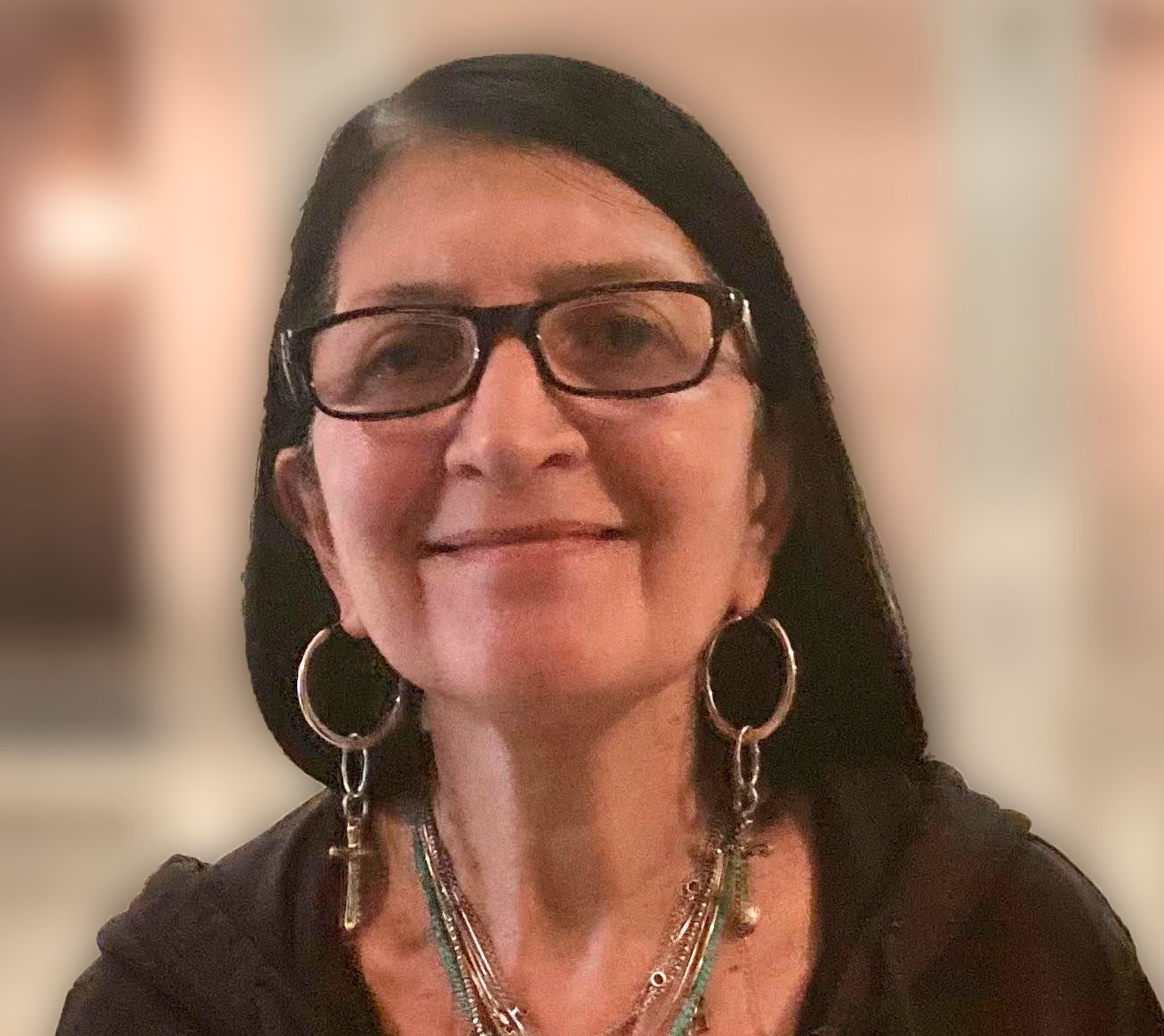
Marie-Michèle Cron
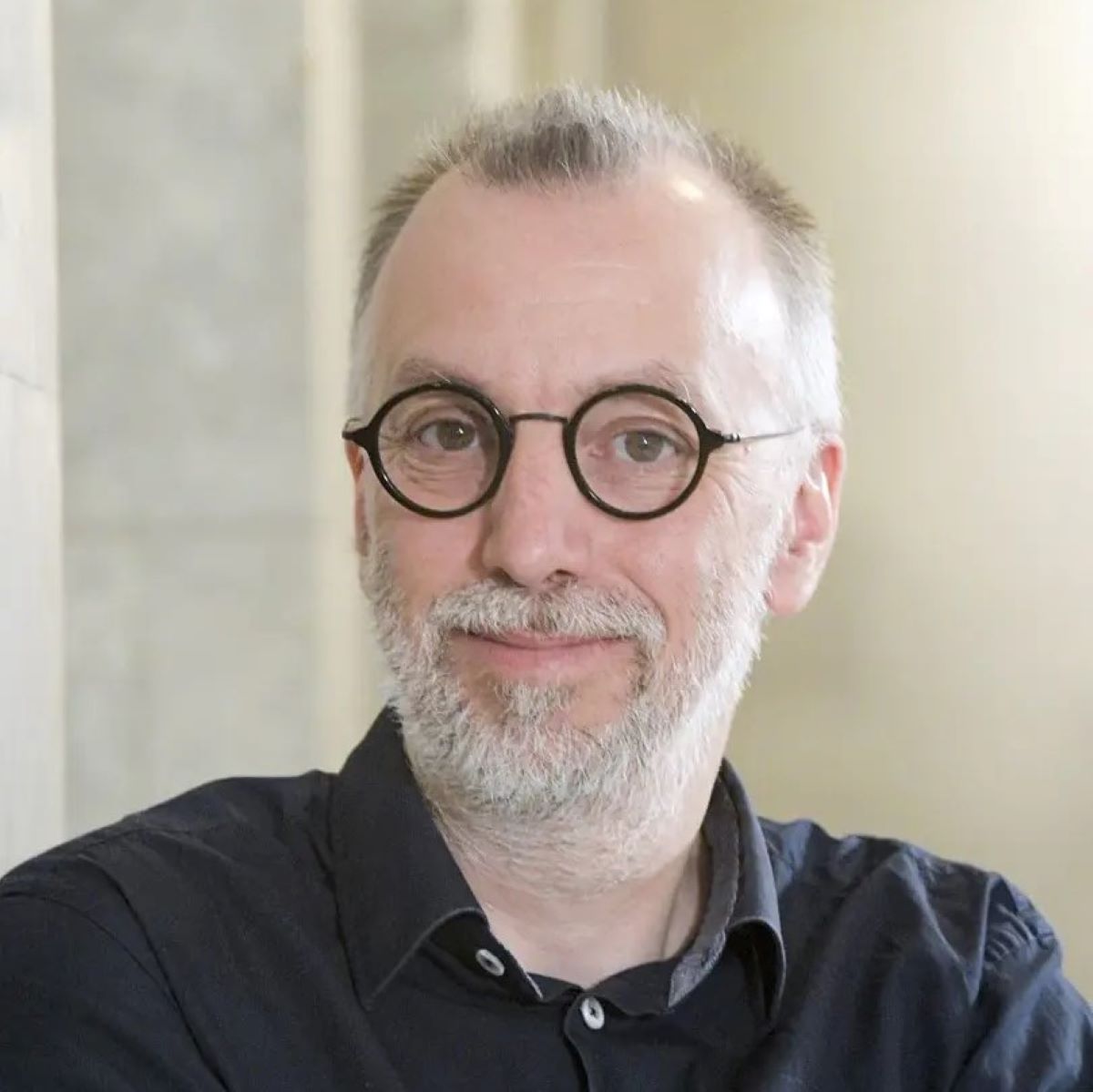
Philippe Gendreau
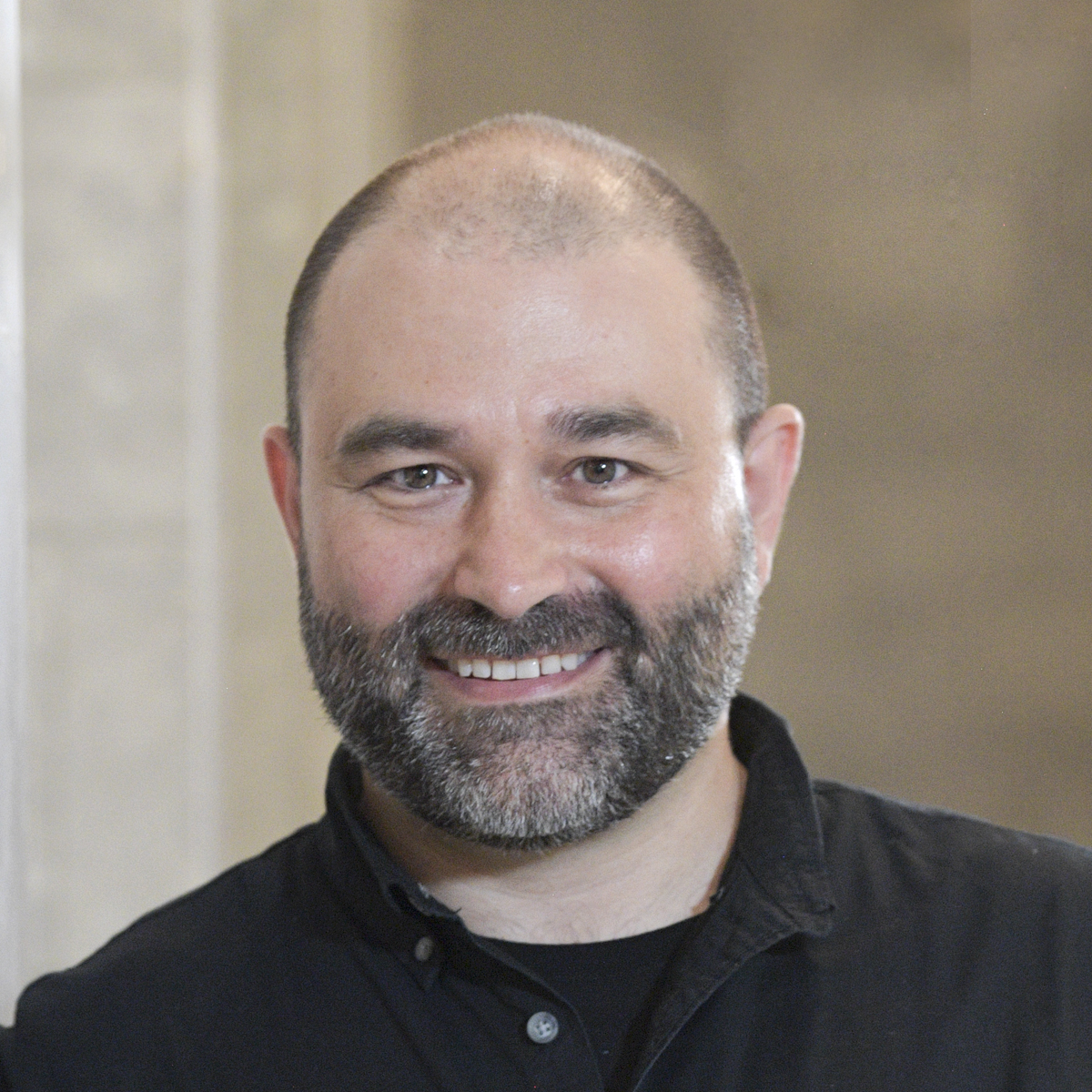
Dominic Simoneau
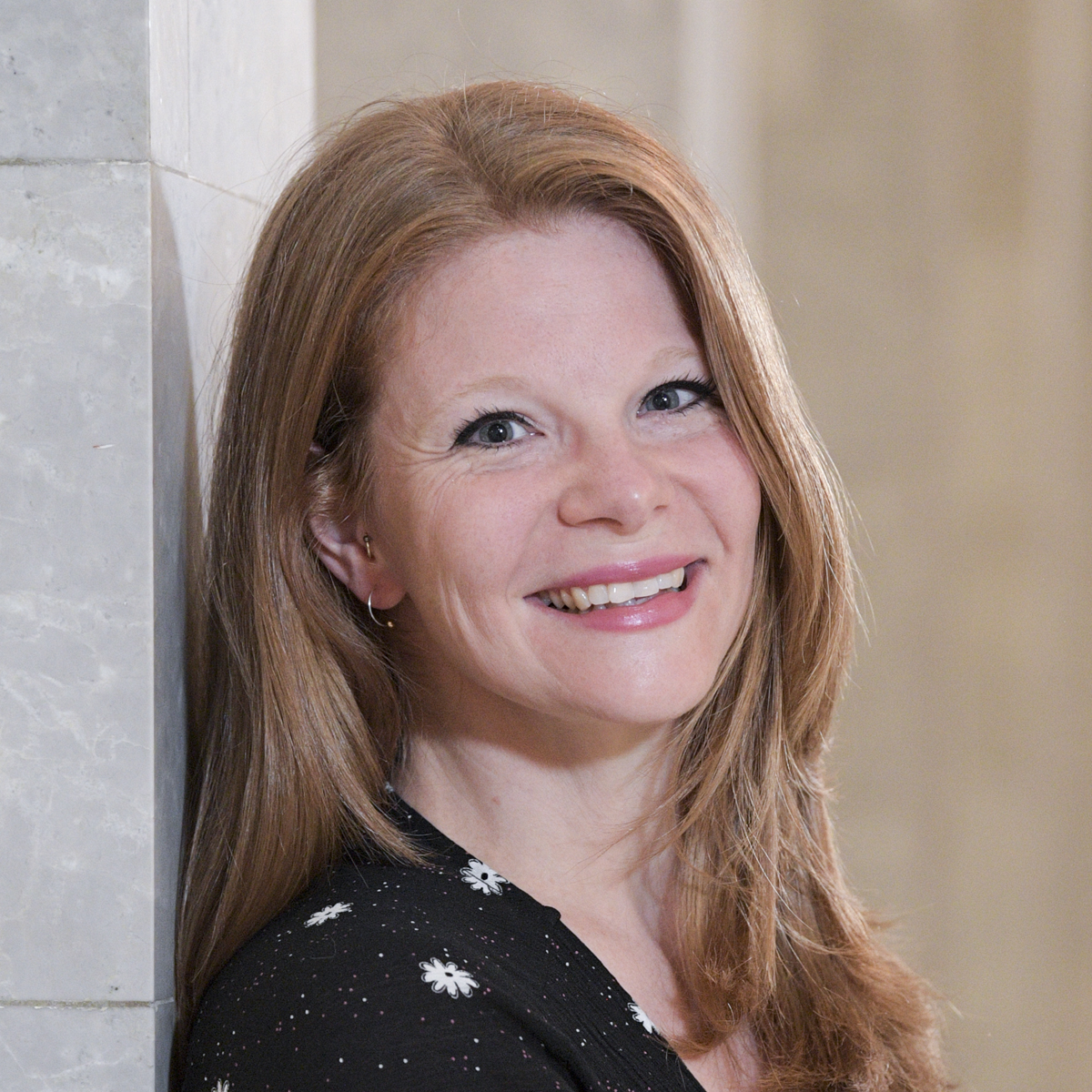
Roxanne Robillard
514 280-3389
roxanne.robillard@montreal.ca